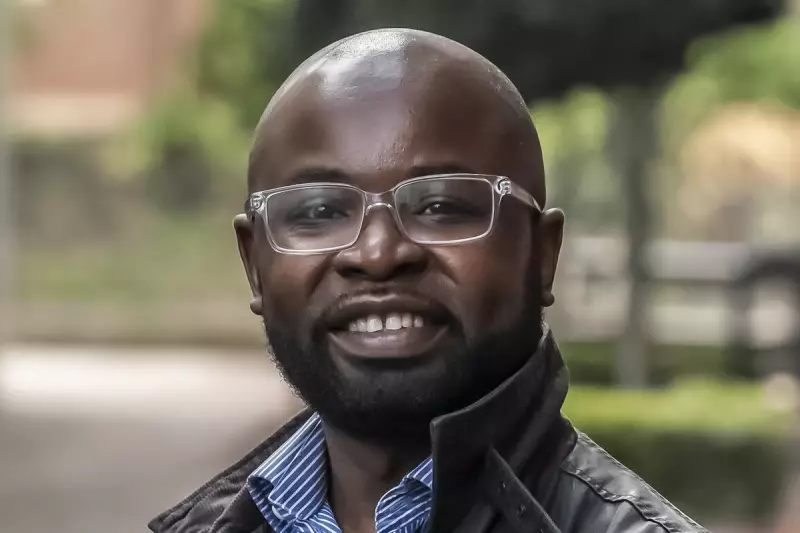
In a landmark victory for freedom of religious expression, a Christian social work student has successfully challenged his removal from a university course over biblical views he shared on Facebook.
Felix Ngole, 46, was expelled from his social work master's degree at the University of Sheffield in 2016 after expressing support for traditional Christian marriage in online discussions. The university claimed his posts demonstrated beliefs that might affect his ability to work with LGBT+ clients.
The Case That Shook Higher Education
The Court of Appeal delivered a groundbreaking judgment, ruling that the university had failed to properly balance Mr Ngole's right to religious freedom against their duty to ensure professional standards. Lord Justice Haddon-Cave stated that universities must tolerate a "wide spectrum of beliefs" and that expressing traditional Christian views on marriage did not automatically make someone unfit to practise social work.
"This is a watershed moment for Christians and anyone who holds traditional religious views," Mr Ngole told reporters outside the court. "I just wanted to complete my degree and serve my community as a social worker. Today's judgment affirms that having Christian beliefs doesn't disqualify you from caring for others."
Seven-Year Legal Battle
The legal saga began when Mr Ngole, a father-of-four from Wakefield, participated in a 2015 Facebook discussion about Kim Davis, the Kentucky county clerk who refused to issue same-sex marriage licenses. He quoted biblical passages and expressed support for traditional marriage.
Following complaints, the university conducted fitness-to-practise proceedings and ultimately removed him from his course, despite his strong academic record and previous experience as a mental health support worker.
What This Means for Religious Freedom
The judgment establishes several crucial principles:
- Universities must properly consider context when assessing online posts
- Expressing religious beliefs doesn't automatically indicate discrimination in professional practice
- Institutions must balance competing rights rather than simply restricting religious expression
- Professional suitability should be assessed on actual conduct rather than perceived potential for discrimination
The Christian Legal Centre, which supported Mr Ngole's case, described the ruling as "a strong warning to universities and other public bodies that they cannot drive out Christians from the professions on the basis of their beliefs."
The University of Sheffield has been ordered to reconsider Mr Ngole's case in light of the judgment, potentially paving the way for his return to complete his social work qualification.





